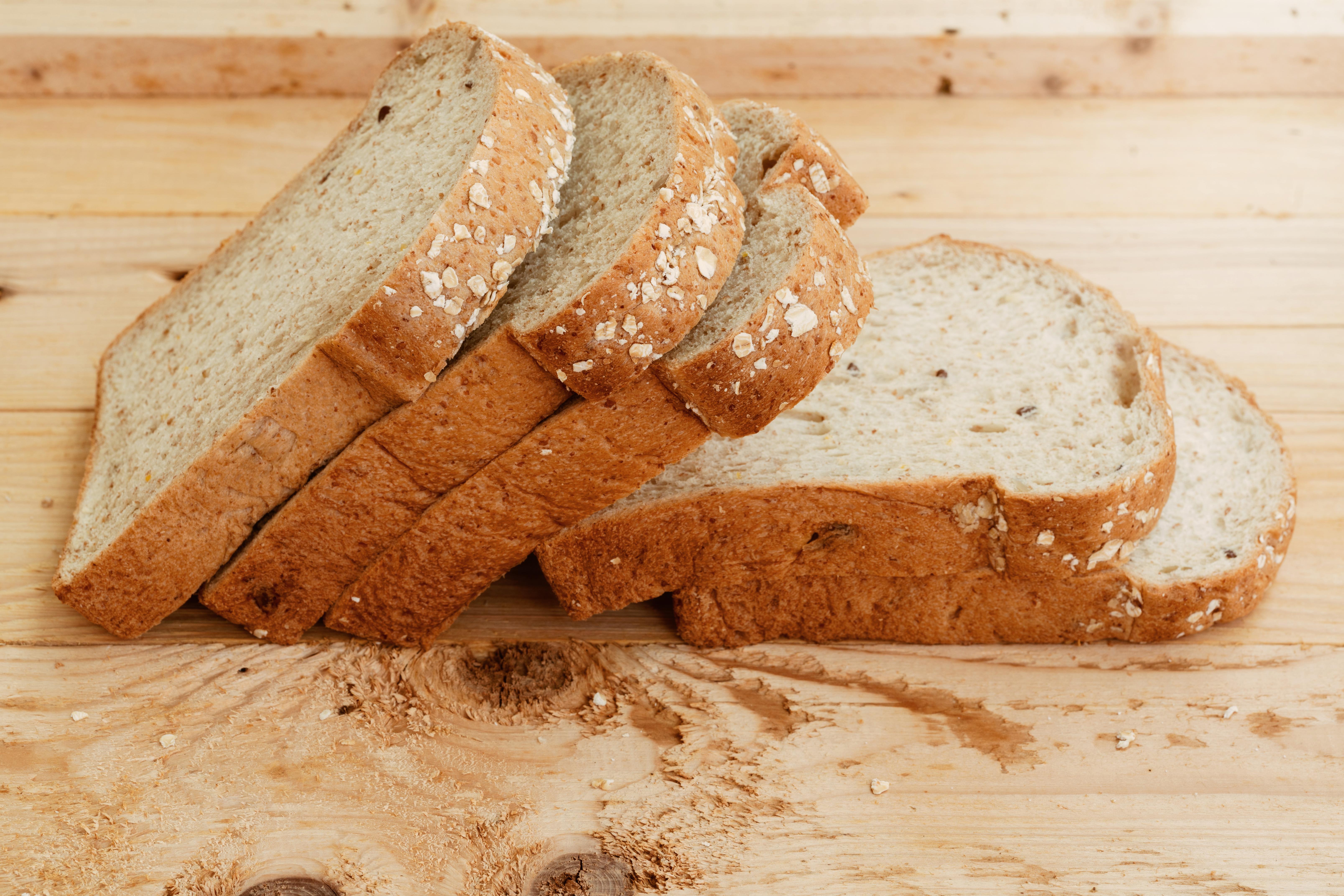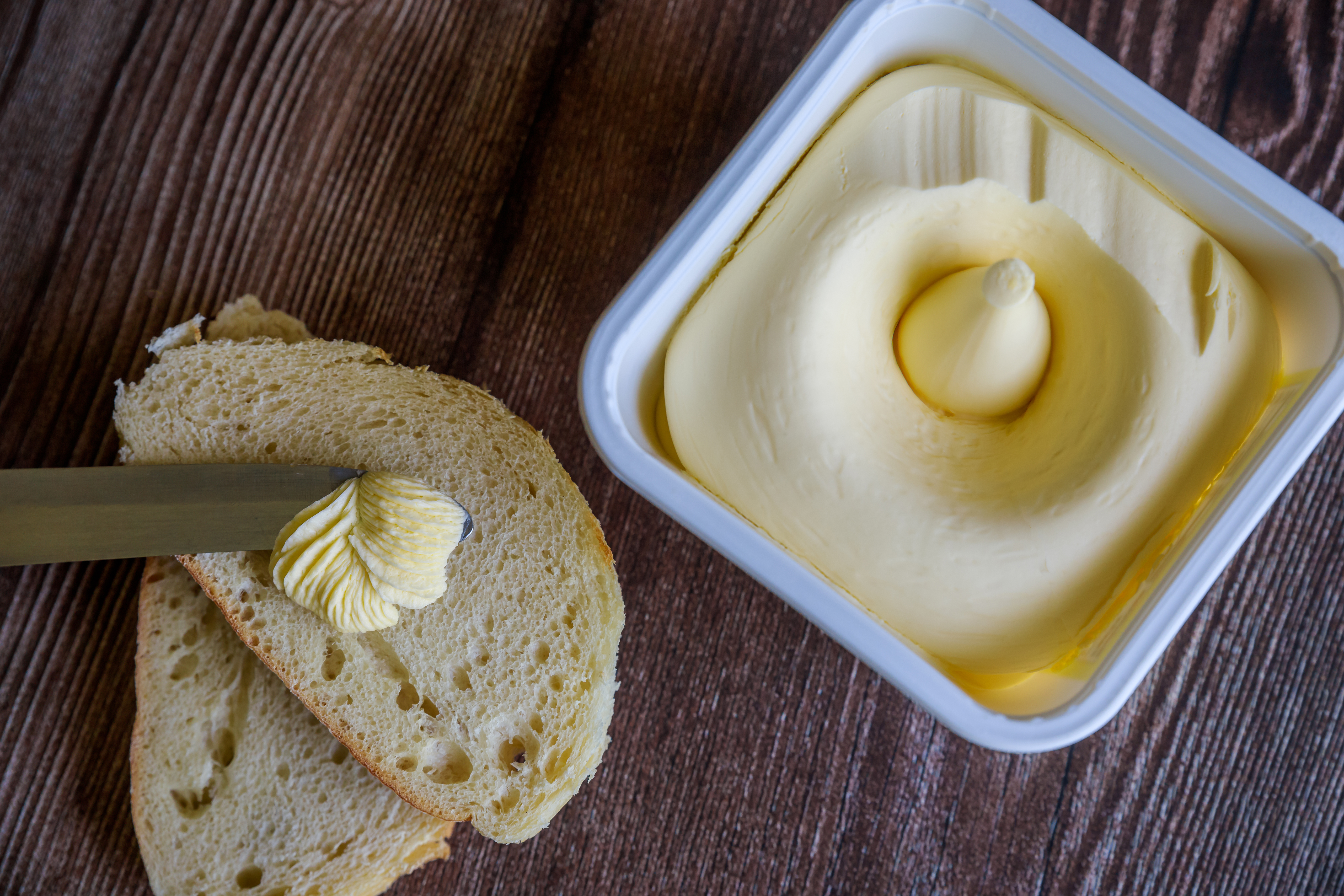12 Surprising Foods That Could Be Making Your Inflammation Worse
In the modern culinary landscape, the pursuit of flavor often overshadows the subtle impacts that certain foods can have on our health. While many people are familiar with the concept of inflammation as a bodily response to injury or illness, few realize that their everyday diet might be quietly contributing to this condition. Inflammation, when chronic, has been linked to a myriad of health issues, including heart disease, arthritis, and even certain cancers. The foods we consume play a pivotal role in either exacerbating or alleviating this condition. This article embarks on a flavorful odyssey, unveiling a list of 12 astonishing foods that might be secretly fueling the flames of inflammation without you ever suspecting a thing. Each section will meticulously explore how these foods, often beloved and ubiquitous in our diets, can contribute to inflammation, and will offer insights into managing their intake for better health outcomes.
1. The Sugar Trap – Sweetness with a Sting

Sugar is a ubiquitous ingredient in many of our favorite treats and beverages, offering a quick burst of energy and a comforting taste. However, its role in inflammation is often underestimated. Consuming high amounts of sugar can lead to an increase in the production of inflammatory cytokines and trigger the release of free fatty acids in the liver. This process can result in insulin resistance, a precursor to diabetes, and is linked to chronic inflammation. Research indicates that reducing sugar intake can significantly lower inflammatory markers in the body. The challenge lies in recognizing hidden sugars in processed foods, which often masquerade under different names such as high-fructose corn syrup, sucrose, and glucose. By becoming more vigilant about sugar consumption, individuals can take a substantial step towards reducing inflammation and improving overall health.
2. Refined Carbohydrates – The White Menace

Refined carbohydrates, found in foods like white bread, pastries, and many processed snacks, are another stealthy contributor to inflammation. These foods have been stripped of their natural fiber and nutrients, leading to rapid spikes in blood sugar levels. Such spikes can trigger inflammatory responses, as the body works to manage the sudden influx of glucose. Unlike whole grains, which are digested slowly and provide sustained energy, refined carbs can lead to a cycle of energy crashes and cravings, further promoting inflammation. Studies have shown that diets high in refined carbohydrates are associated with increased levels of inflammatory markers like C-reactive protein (CRP). Embracing whole grains such as quinoa, brown rice, and oats can help mitigate these effects, providing a more balanced and anti-inflammatory diet.
3. The Dairy Debate – Friend or Foe?

Dairy products have long been a staple in many diets, celebrated for their calcium and vitamin D content. However, their role in inflammation is complex and often debated. For some individuals, particularly those who are lactose intolerant or have a dairy allergy, consumption can lead to inflammatory responses. Even for those without these conditions, certain proteins in dairy, such as casein, can provoke inflammation. The saturated fats present in full-fat dairy products can also contribute to the inflammatory process. Conversely, some studies suggest that fermented dairy products like yogurt and kefir may have anti-inflammatory properties due to their probiotic content. Thus, the impact of dairy on inflammation can be highly individual, and moderation, along with personal dietary experimentation, is key.
4. Red and Processed Meats – A Double-Edged Sword

Red and processed meats are often highlighted for their protein content and culinary versatility. However, their consumption has been linked to increased inflammation. These meats contain high levels of saturated fats and advanced glycation end products (AGEs), which form when meat is cooked at high temperatures. AGEs can trigger oxidative stress and inflammation in the body. Furthermore, the preservatives and additives in processed meats can exacerbate these effects. Studies have correlated high consumption of red and processed meats with elevated levels of CRP and other inflammatory markers. Opting for leaner cuts, reducing portion sizes, and incorporating more plant-based proteins can help manage inflammation levels while still enjoying the flavors of meat.
5. Trans Fats – The Silent Saboteurs

Trans fats, often found in margarine, baked goods, and fried foods, are notorious for their adverse health effects. These artificially created fats are designed to extend the shelf life of products, but they also wreak havoc on our health by increasing bad cholesterol levels and promoting inflammation. Trans fats can disrupt the balance of omega-3 and omega-6 fatty acids in the body, leading to heightened inflammatory responses. The consumption of trans fats has been strongly linked to an increased risk of heart disease, diabetes, and other inflammatory conditions. Many countries have taken steps to ban or limit trans fats in food products, but they can still be found in some processed foods. Reading labels carefully and choosing healthier fats, such as those found in olive oil and avocados, can help reduce inflammation and improve heart health.
6. Vegetable Oils – The Omega Imbalance

Vegetable oils, including corn, soybean, and sunflower oils, are commonly used in cooking and processed foods. While they are often marketed as heart-healthy alternatives, their high omega-6 fatty acid content can contribute to inflammation when consumed in excess. Omega-6 fatty acids are essential for health, but an imbalance between omega-6 and omega-3 fatty acids can lead to inflammatory processes. The typical Western diet is disproportionately high in omega-6 fatty acids, which can exacerbate inflammation. To restore balance, it is crucial to incorporate more omega-3-rich foods like fish, walnuts, and flaxseeds into the diet. By doing so, individuals can help reduce inflammation and support overall well-being.
7. Alcohol – A Double-Edged Elixir

Alcohol, when consumed in moderation, is often associated with social gatherings and relaxation. However, excessive alcohol consumption can lead to a host of health issues, including inflammation. Alcohol can disrupt the gut microbiome, leading to increased intestinal permeability and the release of endotoxins into the bloodstream, which triggers inflammatory responses. Chronic alcohol consumption is associated with elevated levels of inflammatory markers and can contribute to conditions such as liver disease and pancreatitis. On the flip side, moderate consumption, particularly of red wine, has been linked to anti-inflammatory effects due to its polyphenol content. The key lies in moderation and understanding one's own limits to harness the potential benefits while minimizing risks.
8. Artificial Sweeteners – The Deceptive Delight

Artificial sweeteners, found in diet sodas and sugar-free products, are often touted as healthier alternatives to sugar. However, emerging research suggests that they may not be as benign as once thought. Some studies indicate that artificial sweeteners can disrupt the gut microbiome, leading to glucose intolerance and inflammation. Additionally, they may trigger inflammatory pathways in the body, contributing to metabolic disorders. While more research is needed to fully understand their impact, caution is warranted. Opting for natural sweeteners like honey or stevia, in moderation, can offer a more balanced approach to satisfying sweet cravings without fueling inflammation.
9. Gluten – The Grain of Controversy

Gluten, a protein found in wheat, barley, and rye, has become a controversial topic in the realm of inflammation. For individuals with celiac disease or gluten sensitivity, consuming gluten can lead to significant inflammatory responses and damage to the intestinal lining. Even for those without diagnosed conditions, some research suggests that gluten may contribute to inflammation in susceptible individuals. However, whole grains that contain gluten also provide essential nutrients and fiber that can support health. The decision to eliminate gluten should be based on individual health needs and, ideally, guided by medical advice. Exploring gluten-free grains like quinoa and buckwheat can offer nutritious alternatives for those who choose to avoid gluten.
10. Nightshade Vegetables – The Unlikely Suspects

Nightshade vegetables, including tomatoes, peppers, eggplants, and potatoes, are often celebrated for their nutritional benefits. However, they contain alkaloids that some believe can contribute to inflammation, particularly in individuals with arthritis. While scientific evidence is mixed, anecdotal reports suggest that reducing nightshade intake may alleviate symptoms for some people. These vegetables are rich in vitamins and antioxidants, so eliminating them without cause may not be beneficial for everyone. For those who suspect a sensitivity, a trial elimination diet under the guidance of a healthcare professional can help determine their impact on inflammation and overall health.
11. Salt – The Subtle Saboteur

Salt is an essential mineral that plays a crucial role in bodily functions, but excessive intake can lead to inflammation. High-salt diets are associated with increased blood pressure and can exacerbate autoimmune conditions by promoting inflammatory responses. Sodium can influence the balance of fluids in the body and affect the function of immune cells, contributing to chronic inflammation. Reducing salt intake by avoiding processed foods and opting for herbs and spices to enhance flavor can help manage inflammation. Monitoring salt consumption is a simple yet effective way to support cardiovascular health and reduce inflammatory risk.
12. Coffee – The Brewed Paradox

Coffee is a beloved beverage worldwide, known for its stimulating effects and rich flavor. Its relationship with inflammation is complex, as it contains both pro-inflammatory and anti-inflammatory compounds. Caffeine and certain oils in coffee can potentially trigger inflammation in sensitive individuals, while its antioxidants may offer protective benefits. Moderate coffee consumption has been associated with reduced inflammation and a lower risk of certain diseases, but excessive intake can have the opposite effect. Understanding one's own tolerance and opting for quality, minimally processed coffee can help balance its potential benefits and drawbacks.
Your Path to an Anti-Inflammatory Life

Embarking on a flavorful odyssey through the world of food reveals the intricate connections between diet and inflammation. While the foods discussed in this article can contribute to inflammation, they are not inherently harmful when consumed in moderation and balanced with a diverse diet rich in anti-inflammatory foods. Understanding individual sensitivities and making informed dietary choices can empower individuals to manage inflammation and support overall health. By becoming more mindful of the hidden culprits in our diets, we can enjoy the pleasures of food while nurturing our bodies and promoting long-term well-being.
